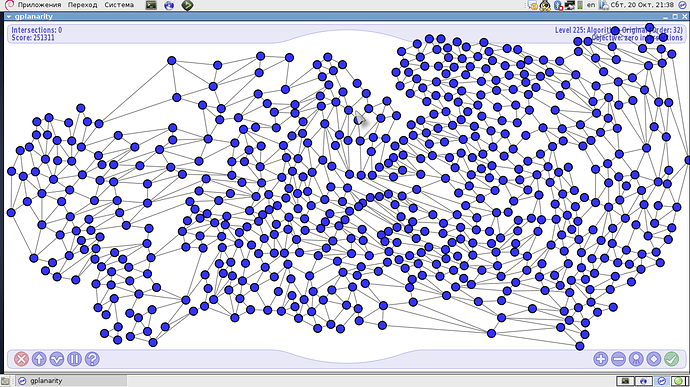Part and parcel of my thoughts on a TiddlyWiki portal is an ecosystem of nodejs TiddlyWikis.
If all things TiddlyWiki (information/content/knowledge/documentation) were done in a however-many-necessary nodejs TiddlyWikis (each TiddlyWiki having some scope/purpose), it would be easy for anybody in the community to embed (not copy, but display content directly from the source) anything from any of these TiddlyWikis anywhere.
The built-in static server in TiddlyWiki is really fast, perfect for displaying a specific tiddler in any site using a static link to a tiddler.
Although I don’t have the tech skills to setup an https server to host a nodejs TiddlyWiki (an http server seems like a requirement to embed that server’s pages in another site), I decided to prototype/showcase what I mean using a copy of tiddlywiki.com’s TiddlyWiki, which I wanted to slightly tweak for prototype.
See what I mean, but likely am not explaining well on my TiddlyWiki Portal’s An ecosystem of TiddlyWikis running on nodejs (https servers)
